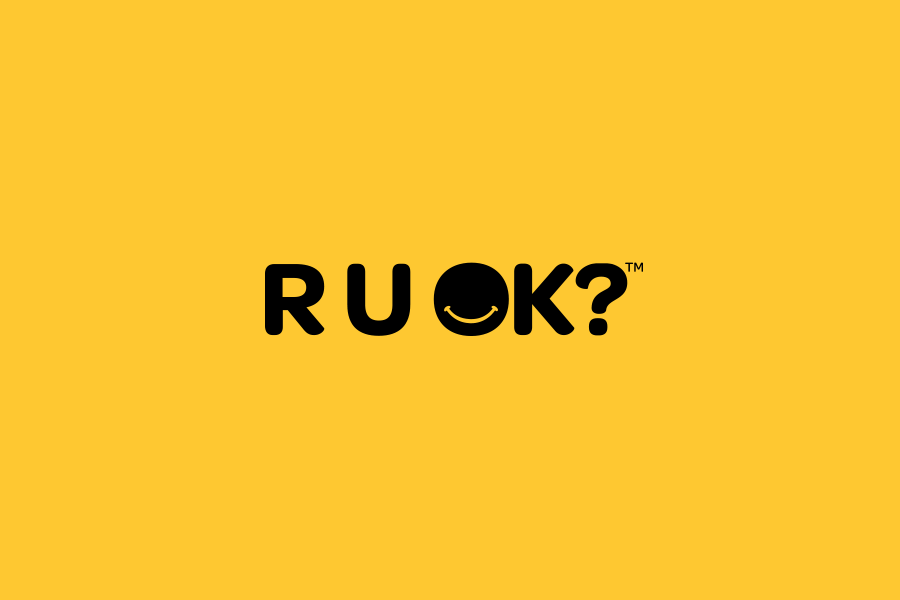R U OK?

Dean Gilkison is a Financial Adviser with Gilkison Group.
The coronavirus pandemic comes as many Australians are still feeling the impact of recent bushfires, floods and drought. It’s very normal to not feel OK in challenging times such as these. With many out of work, separated from family or struggling to deal with the day-to-day changes the pandemic has thrust upon us, it’s never been more important to check in on your friends, family, neighbours or co-workers and ask them; “Are you OK?”
R U OK? Day is a national day of action that encourages people to connect with someone and start an important conversation regarding mental health. This year R U OK day falls on 10th September, which also coincides with World Suicide Prevention Day (WSPD), recognised as a day devoted to raising awareness that suicide can be prevented.
According to the Black Dog Institute, 1 in 5 Australians will experience symptoms of mental illness in any given year, with suicide the leading cause of death for people aged 25-44 and second leading cause of death for young people aged 15-24.
Asking R U OK? Is only the first step, and when someone is not ok, the subsequent conversation about mental health can be difficult. While it is not expected that everyone having these conversations is a mental health professional, knowing what to say or what not to say is important.
Here are some tips on how to ask
- Ask R U OK?
- Be relaxed, friendly and concerned in your approach.
- Help them open up by asking questions like “How are you going?” or “What’s been happening?”
- Mention specific things that have made you concerned for them, like “You seem less chatty than usual. How are you going?”
- Listen with an open mind
- Take what they say seriously and don’t interrupt or rush the conversation.
- Don’t judge their experiences or reactions but acknowledge that things seem tough for them.
- If they need time to think, sit patiently with the silence.
- Encourage them to explain: “How are you feeling about that?” or “How long have you felt that way?”
- Show that you’ve listened by repeating back what you’ve heard (in your own words) and ask if you have understood them properly.
- Encourage action
- Ask: “What have you done in the past to manage similar situations?”
- Ask: “How would you like me to support you?”
- Ask: “What’s something you can do for yourself right now? Something that’s enjoyable or relaxing?”
- You could say: “When I was going through a difficult time, I tried this… You might find it useful too.”
- If they’ve been feeling really down for more than 2 weeks, encourage them to see a health professional. You could say, “It might be useful to link in with someone who can support you. I’m happy to assist you to find the right person to talk to.”
- Be positive about the role of professionals in getting through tough times.
- Check in
- Pop a reminder in your diary to call them in a couple of weeks. If they’re really struggling, follow up with them sooner.
- You could say: “I’ve been thinking of you and wanted to know how you’ve been going since we last chatted.”
- Ask if they’ve found a better way to manage the situation. If they haven’t done anything, don’t judge them. They might just need someone to listen to them for the moment.
- Stay in touch and be there for them. Genuine care and concern can make a real difference.
By using these tips, you can help someone feel supported when confronted with challenges in life whether at home, work, school or in sport.
If you need support or know someone who does, visit the R U Ok? website for professional support services and self-care tools.
